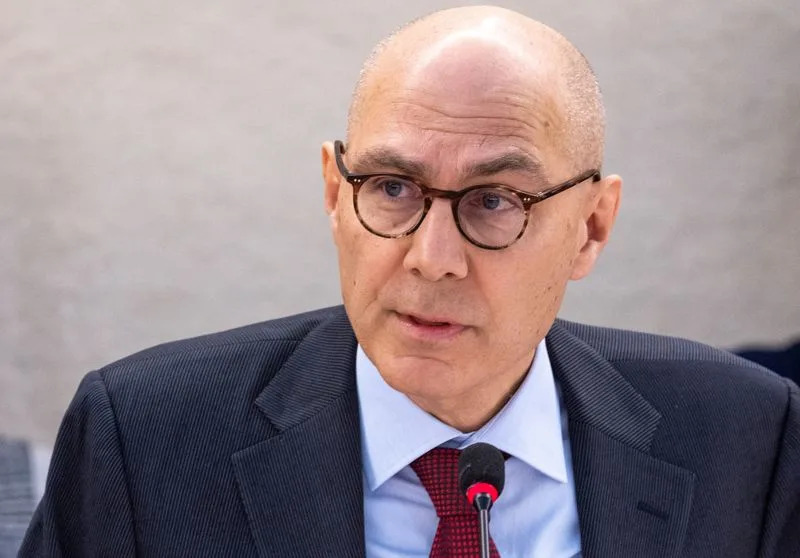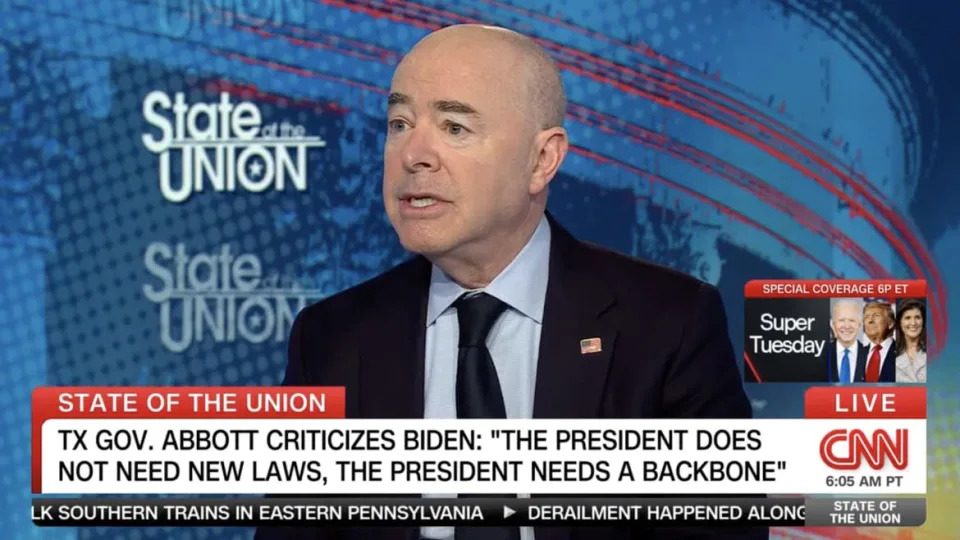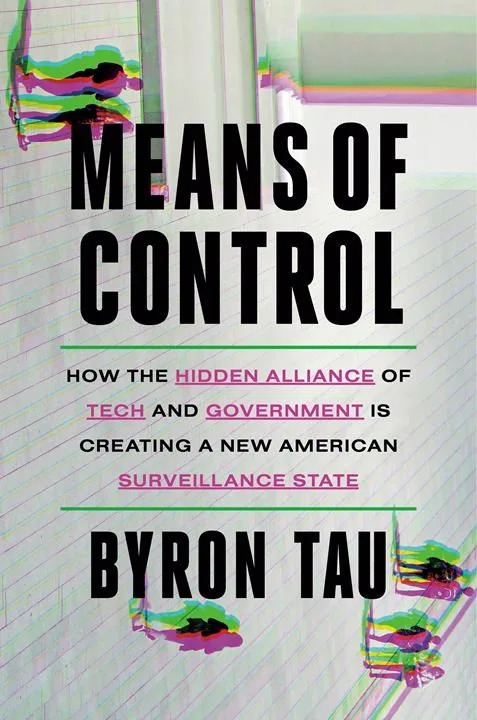Mon, March 4, 2024

SAVANNAH, Ga. (AP) — A federal agency is asserting legal rights to waters that feed the Okefenokee Swamp and its vast wildlife refuge, setting up a new battle with a mining company seeking permits to withdraw more than 1.4 million gallons daily for a project that critics say could irreparably harm one of America's natural treasures.
In a letter obtained by The Associated Press, the U.S. Fish and Wildlife Service tells Georgia state regulators that federal law prohibits diverting water from the Okefenokee National Wildlife Refuge in quantities that would harm its function as a protective habitat for native animal and plant species.
“Disruption to the natural flow of groundwater in this interconnected system could have far-reaching consequences for both the Refuge and surrounding areas,” Mike Oetker, the federal agency's acting Southeast regional director, wrote in a Jan. 31 letter to Georgia regulators. He added: “Any decision regarding the proposed mining permit must be made with consideration of federal reserved water rights.”
Twin Pines Minerals is on the cusp of obtaining permits it has sought since 2019 to mine titanium dioxide less than 3 miles (4.8 kilometers) from the southeastern boundary of the Okefenokee refuge, the largest U.S. refuge east of the Mississippi River.
The Okefenokee refuge covers nearly 630 square miles (1,630 square kilometers) in southeast Georgia and is home to more than 400 animal species including alligators and bald eagles. The swamp’s wildlife, cypress forests and flooded prairies draw roughly 600,000 visitors each year, according to the Fish and Wildlife Service, which manages the refuge.
Scientists have warned that mining near the Okefenokee's bowl-like rim could irreparably harm the swamp’s ability to hold water and increase the frequency of withering droughts. Interior Secretary Deb Haaland in 2022 declared the proposed mine poses an “unacceptable risk” to the fragile ecosystem at the Georgia-Florida line.
Twin Pines has insisted its proposed 773-acre (312-hectare) mine won’t harm the Okefenokee refuge. Regulators with the Georgia Environmental Protection Division have said their own analysis “concluded that water level in the swamp will be minimally impacted.”
The Georgia agency issued draft permits for the mining project Feb. 9, starting a 30-day period for public comments before regulators work up final permits for the agency’s director to approve.
While it's unclear how much permits might be delayed by the Fish and Wildlife Service's formal assertion of water rights, legal experts said Georgia regulators are legally obligated to work with the federal agency to ensure the Okefenokee keeps enough water to function as a wildlife refuge.
Legal issues dealing with water consumption are generally left to the states. However, a U.S. Supreme Court ruling in 1908 established that public lands reserved by the federal government for Native American tribes, national parks and other purposes have rights to water that take precedence over other users.
“This doctrine does not just give the Fish and Wildlife Service a seat at the table," said Megan Huynh, an attorney for the Southern Environmental Law Center. “It legally entitles the Okefenokee to as much water as is necessary to support the primary purpose of the refuge and wilderness area.”
While federal agencies commonly assert water rights for public lands in the West, where the arid climate makes water more scarce, they have rarely done so in the eastern U.S., said Ryan Rowberry, a Georgia State University law professor who has studied how federal reserved water rights protect public lands.
“Now we’re moving into a different era,” Rowberry said. Growth in population, industry and awareness that climate change is getting worse have called into question the premise that “there’s enough water for everybody" in eastern states, he said.
The move by the Fish and Wildlife Service seeks to reassert some level of federal oversight of Twin Pines' proposed mine. Typically, the U.S. Army Corps of Engineers would also need to approve permits. But it lost that authority over the Georgia project in 2020 because of regulatory rollbacks under then-President Donald Trump.
The Fish and Wildlife Service's letter to the Georgia Environmental Protection Division asks for federal officials and state regulators to meet and “work together to quantify the amount of water” the Okefenokee refuge needs. The state agency has not yet responded.
“Georgia EPD is reviewing the letter from U.S. Fish & Wildlife Service like all of the other comments being submitted" by the public on Twin Pines' mining application, John Eunice, the state agency's deputy director, said in an email Monday. He anticipated a response “once the public comment period has closed."
The groundwater use permit Twin Pines is seeking would allow an average daily withdrawal of 1.44 million gallons (5.45 million liters) of water from the Floridan Aquifer to process mining debris and waste. The plan calls for removal of additional water that gushes into mining pits during excavation.
Any discussions between federal officials, Georgia regulators and Twin Pines over the Okefenokee's water needs and how much water the proposed mine would divert from the swamp could be contentious. Hydrologists for the National Park Service said last year that documents Georgia regulators relied upon to conclude the mine wouldn't harm the refuge contained technical errors and “critical shortcomings” that made them unreliable. Regulators stood by their analysis.
Russ Bynum, The Associated Press


















